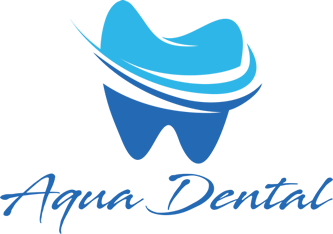Children can suffer from sensitive teeth, unlike adults though; their causes are usually quite different.
Children can experience tooth pain responses similar to adults in their baby teeth. The most common cause for their teeth sensitivity is either a cavity or the eruption of a permanent tooth. But for some kids, the sensitivity might be connected to another condition, such as autism. Figuring out what to use for sensitive teeth means figuring out what the cause of the sensitivity is.
For children without a knowledge of what might be causing their sensitivity, it can be a very distressing event. Take a gander at the leading reasons below as to why children struggle with sensitive teeth.
1. New Tender Teeth – As kids lose their baby teeth, the emergence of new teeth can be a sore subject. But while the emergence of these teeth can be painful, it’s really the sensation of air and food coming in contact with these teeth that causes tooth sensitivity.
2. Cavity Catastrophe – Cavities are very common in children and this dental decay can lead to sensitivity.
3. Sinus Struggles – It’s surprising to learn that children who have sinus problems often face tooth sensitivity, but it’s important to know this congestion connection.
4. The Foil of Fillings – Kids with silver amalgam fillings find that their teeth tend to be sensitive because of the fillings’ high thermal conductivity.
5. Tooth Cracks – Adults often deal with the pain of cracked teeth, but children with misaligned teeth or a grinding habit may also have these hairline cracks and feel the sting of tooth sensitivity when chewing and eating.
6. Bad Brushing – Improper brushing rarely leads to sensitive teeth, but children with poor dental care habits may brush too hard and wind up wearing away the enamel and gums, which is felt insensitivity. That’s why children must learn good dental care and make it a lifelong habit.
Specially formulated desensitizing toothpaste, fluoride varnishes or treatments, restorations or sometimes nightguards can help to resolve tooth sensitivity. But these may not be fit for a child with a more ambiguous condition. It’s important to consult a dentist before allowing your child to use a desensitizing product, especially if he is under the age of 12. If it turns out that the smell or taste of the current toothpaste your child uses is causing discomfort, switch to a mildly flavored (or unflavored) variety which might be your best option.
If your child is complaining about “tingling” teeth when they brush or chew, chances are that your child is experiencing sensitive teeth and needs to see a dental care expert. Call Drs. James and Samuel Owens office today 918.455.7700 to treat those troubling pains.


Recent Comments